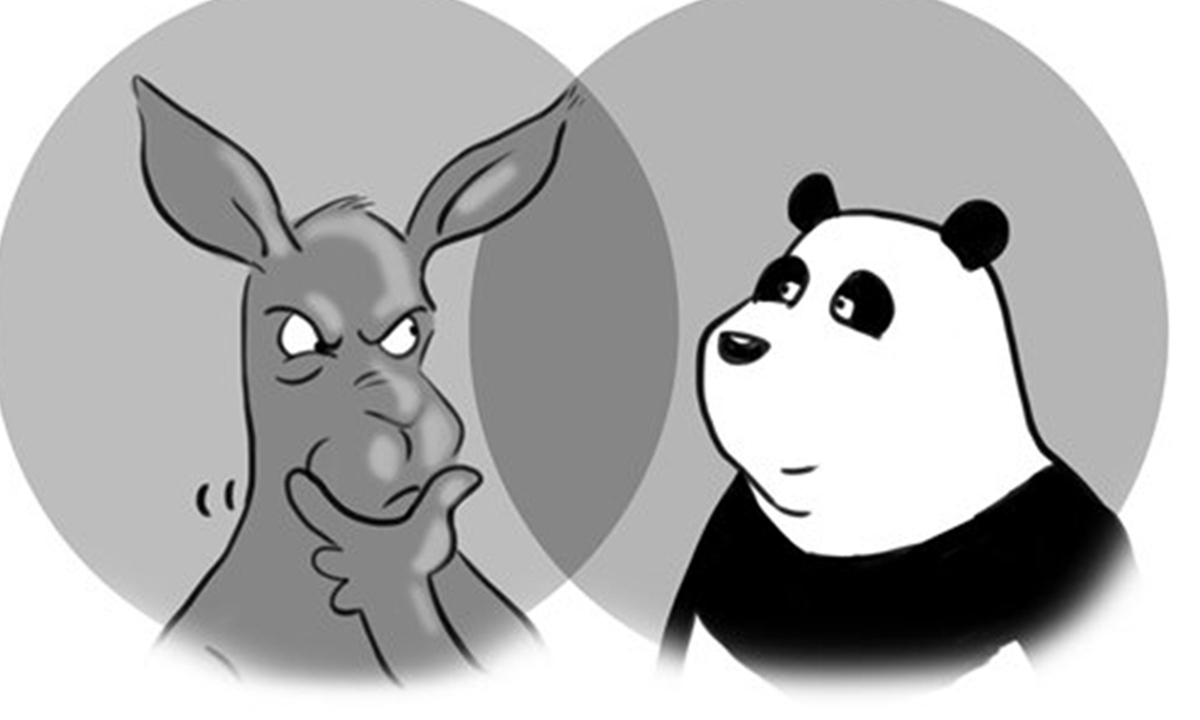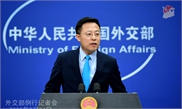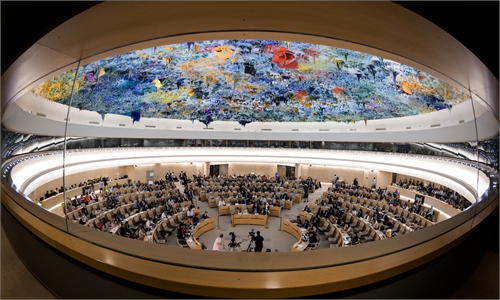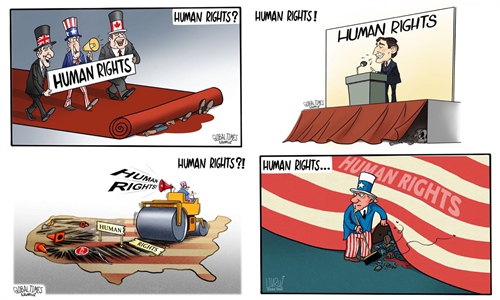Canberra’s provocative actions over Taiwan may render irreparable damage to China-Australia relations

China Australia Illustration: Liu Rui/GT
Is Australia going to have a showdown with China over Taiwan secessionism? There are increasingly worrying signs of further acts of recklessness from Canberra.
On Tuesday, former Australian prime minister Tony Abbott, who in last week voiced his support for the island of Taiwan to join the Comprehensive and Progressive Agreement for Trans-Pacific Partnership (CPTPP), arrived in Taiwan to bolster Australian relations with the island. One day earlier, the Australian government interfered China's internal affairs by slandering the mainland's air force activities around the island of Taiwan as "incursions" into the so-called air defense zone of the island, remaining in lockstep with Washington. Australian Defense Minister Peter Dutton also claimed, back in September, that should China and the United States have a war at the Taiwan Straits, the prospect of Australian military confrontations with the Chinese People's Liberation Army could not be ruled out.
On the other hand, several Taiwan political figures have used Australian media as a platform to campaign for their secessionist agenda. This includes Joseph Wu, an active secessionist in Taiwan. Wu on Monday asked Canberra for military and political support for the island's possible military engagement with the Chinese mainland in an interview with the Australian Broadcasting Corporation.
It is no secret that the anti-China forces in the West have been taking advantage of the media to create an atmosphere of crisis - usually by distorting and falsifying the actual situation - before taking any concrete steps of substance. In terms of the Taiwan question, the Australian media have over recent years been playing up very unsettling factors, hyping up the "China threat" theory, and deliberately misinterpreting the mainland's legitimate sovereignty over the island as "acts of aggression."
Australia obviously will not just stop at such rhetoric. Instead, it will most likely crystalize its words into more specific provocative actions. As it will take at least 10 years, if not longer, to realize the plan to develop nuclear-propelled submarines through the AUKUS pact, Canberra will become another chess piece in Washington's anti-China strategy.
On the Taiwan question, Australia has been playing the role of a daring vanguard for the US, helping Washington test the regional waters to gauge China's tolerance and test China's responses. Many are worried that Australia might imprudently follow the lead of some European countries to take injudicious actions. After all, Abbott is not visiting Taipei in an official capacity, but should a member of the Australian parliament or even an incumbent cabinet minister visit Taiwan in an official capacity, or should Canberra allow the change of the name of "Taipei Economic and Cultural Office" into something that violates the one-China principle, the bilateral relations between China and Australia would suffer irreparable damages.
After Lithuania allowed the island of Taiwan to open an office in Vilnius under the name of Taiwan, China decided to recall its ambassador to Lithuania and demanded Lithuania to recall its ambassador to China. While the significance of Lithuania's series of incendiary moves has largely exerted symbolic impacts to today's geopolitics, similar acts by Canberra could have more consequential import given its strategic position in the US' Indo-Pacific Strategy which purports to contain China. Australia is a member of the newly formed AUKUS, of the so-called Five Eyes Alliance, and of the Quad, all small but ambitious groupings targeting China and its development in the world.
In addition, the CPTPP is probably one of the key cards for Canberra to play. Australia was among the first countries that clamor positively in support of Taiwan's bid for the partnership. Australia may carry out official and high-level dialogues with Taiwan, which could be manipulated to support and promote the Taiwan secessionism by opening channels of official contact.
Facing the prospect of such reckless challenges to its national sovereignty and territorial integrity, China will definitely take decisive and proportional countermeasures. Australia has been wreaking horrific havoc to the China-Australia relations in the recent several years. In the event that Canberra should take further concrete actions to violate the bottom line of China's national interest, the bilateral relations could face cataclysmic upheaval.
China has zero tolerance for any kind of behavior of any foreign country that crosses the redline to threaten its territorial integrity. Should Australia be so reckless as to challenge China's sovereignty over Taiwan, there is absolutely no room for maneuver or diplomatic solution. Seismic changes could take place in the bilateral relations. This applies to not only Australia, but also any other countries.
The author is president of the Chinese Association of Australian Studies, and professor and director of Australian Studies Centre, East China Normal University. opinion@globaltimes.com.cn




